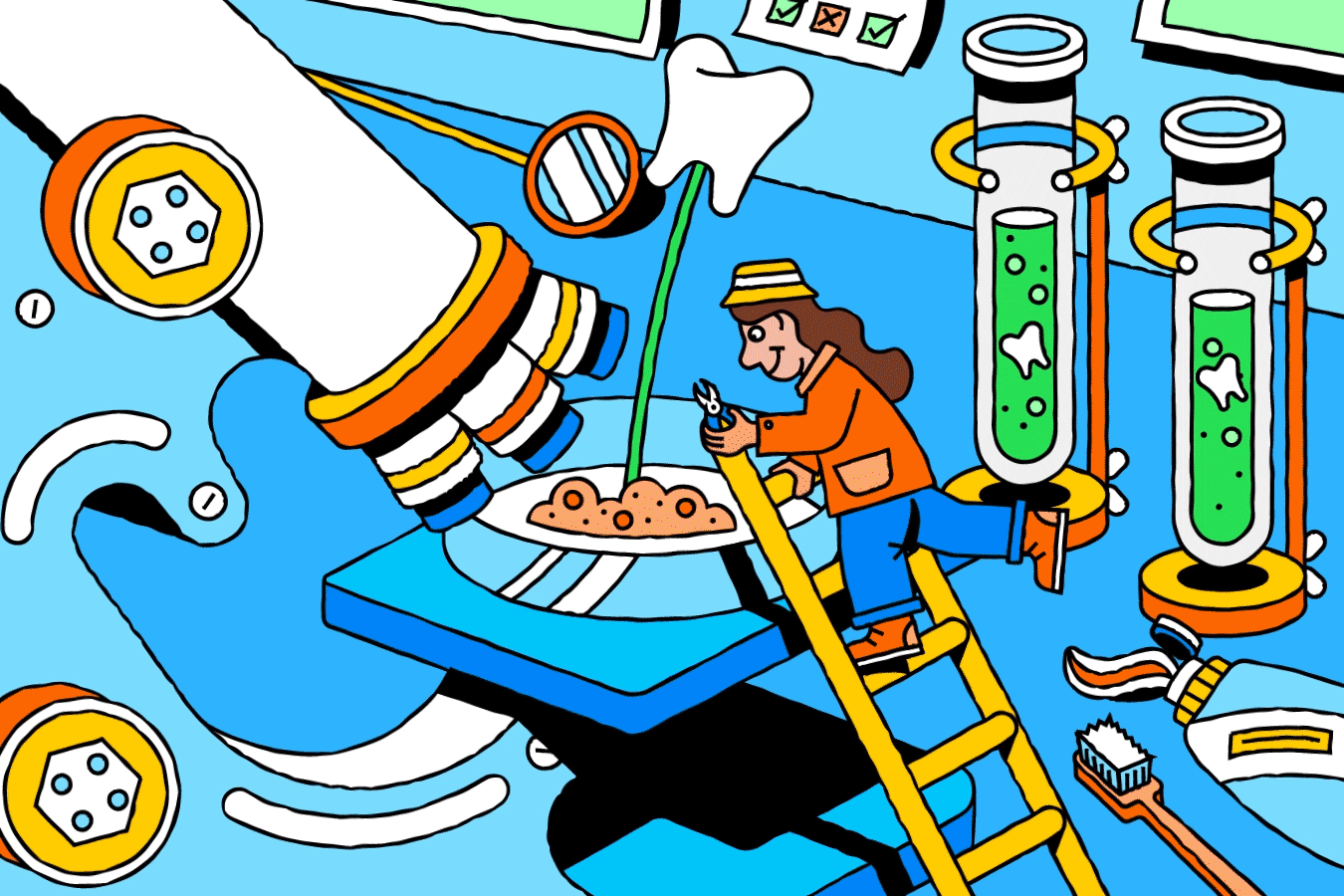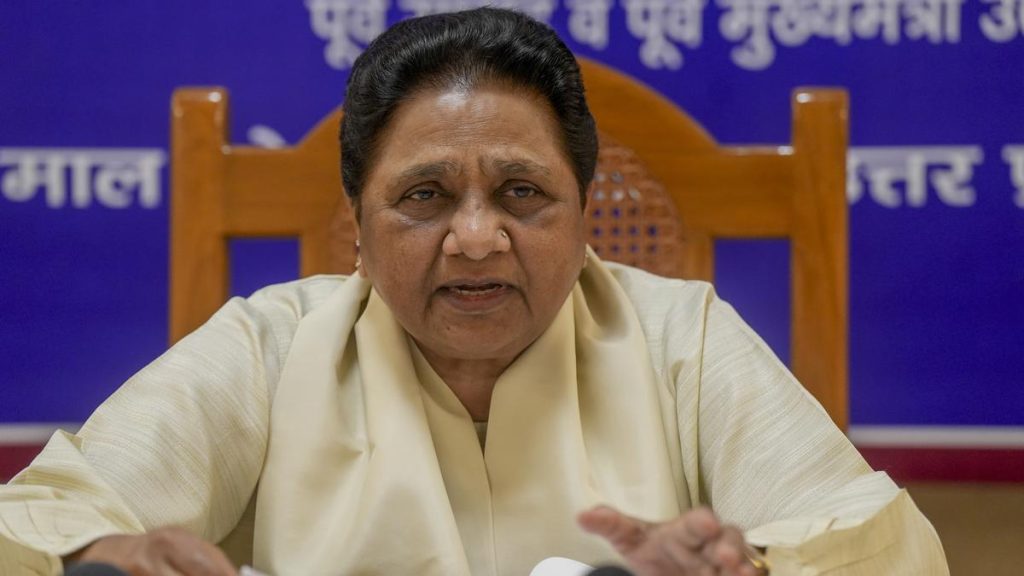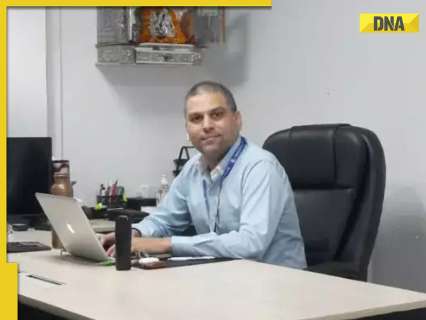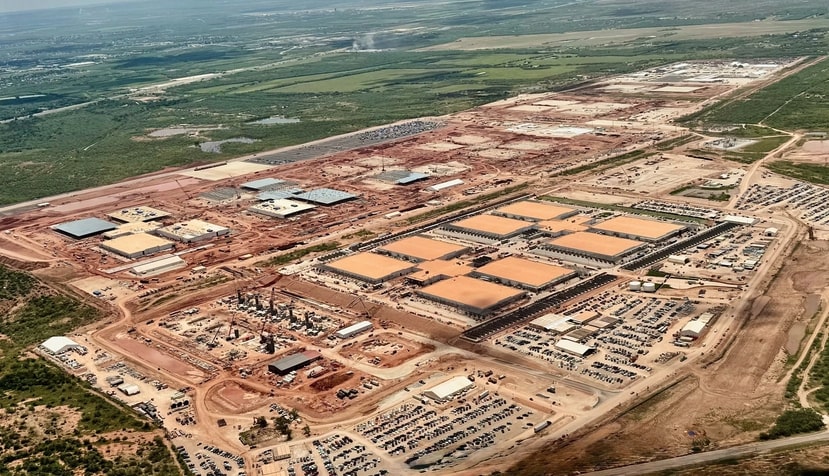Now Reading: Regrowing Teeth: A Revolutionary Alternative to Dentures and Implants
-
01
Regrowing Teeth: A Revolutionary Alternative to Dentures and Implants
Regrowing Teeth: A Revolutionary Alternative to Dentures and Implants

Quick Summary
- researchers are exploring ways to regrow adult teeth as alternatives to dentures and titanium implants,which have downsides like lack of sensation and potential inflammation.
- Two primary methods under investigation include:
– Tissue Engineering: Using scaffolds combined with pig/human dental cells to develop tooth-like structures in animals.
– Cellular Reprogramming: Manipulating adult cells or using induced pluripotent stem cells (iPSCs) for regenerative purposes.
- Paul Sharpe’s research focuses on replicating natural tooth growth by mapping chemical signals exchanged during cell formation.
- Scientists at Kyoto University have identified gene manipulation involving RUNX2 and USAG-1, enabling tooth growth in mice. A drug developed by Toregem Biopharma targeting the USAG-1 gene is currently in clinical trials to assess its safety for humans.
- Worldwide, the prevalence of complete tooth loss increases considerably with age, highlighting a need for new treatments. Existing solutions are financially constrained due to limited investment interest compared to other fields of medicine.
Indian Opinion Analysis
The cutting-edge advancements in dental regeneration research could hold significant implications globally, including India, where oral health challenges are widespread. With a substantial segment of the population lacking access to advanced treatments like implants due to high costs, biologically regrown teeth might provide a cost-effective choice if scaled efficiently. Such innovations could help bridge healthcare disparities while addressing long-term complications tied to artificial replacements.
Though, financial constraints on this research highlight broader systemic issues facing medical innovation funding worldwide. Similar obstacles might apply within India’s framework unless supportive public-private partnerships prioritizing affordable healthcare emerge. Additionally, societal awareness campaigns could be pivotal for integrating such technologies into regular dental care practices when they become viable.
The possibility of having functional living teeth represents more than just scientific triumph-it aligns with india’s growing demand for equitable access and preventive healthcare strategies that improve quality of life across demographics.


























